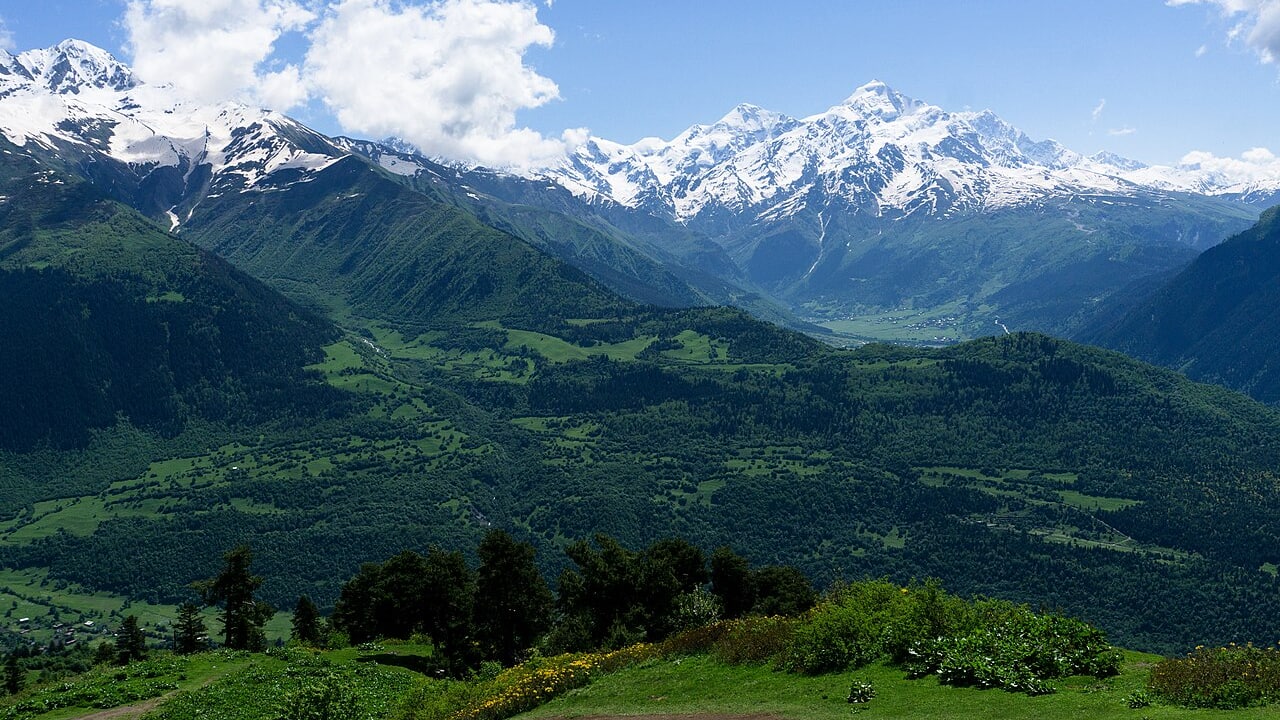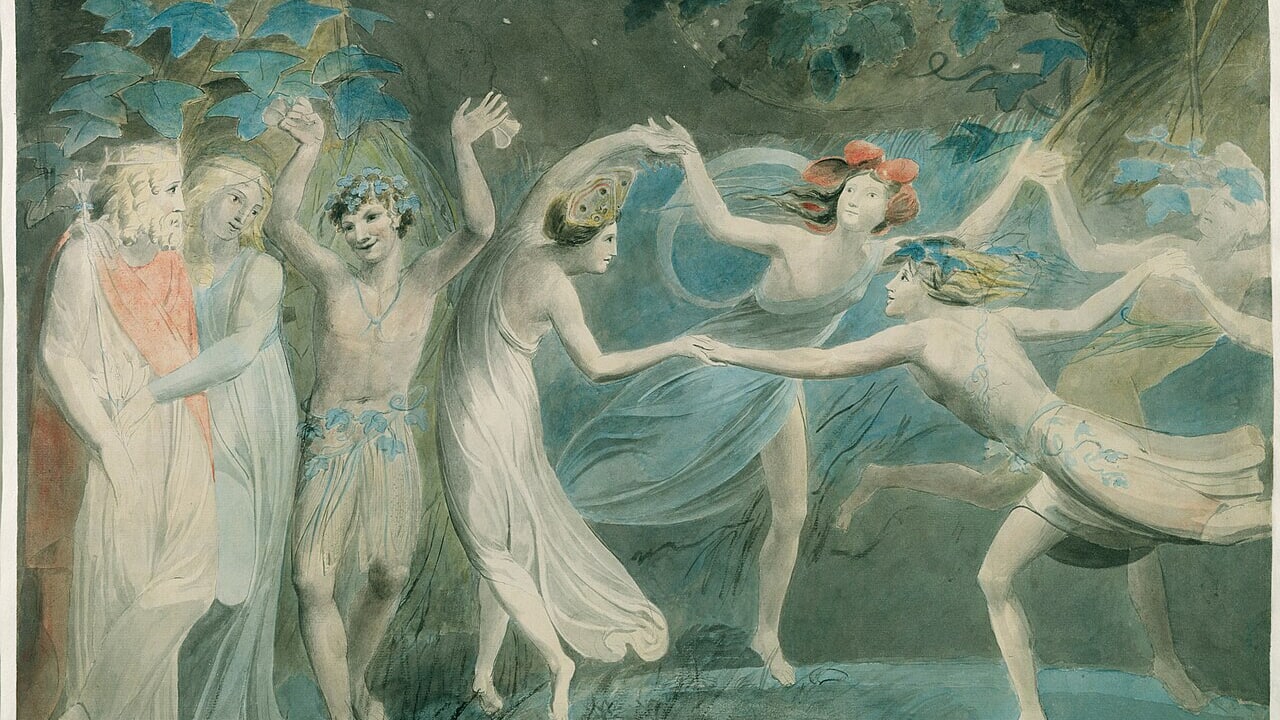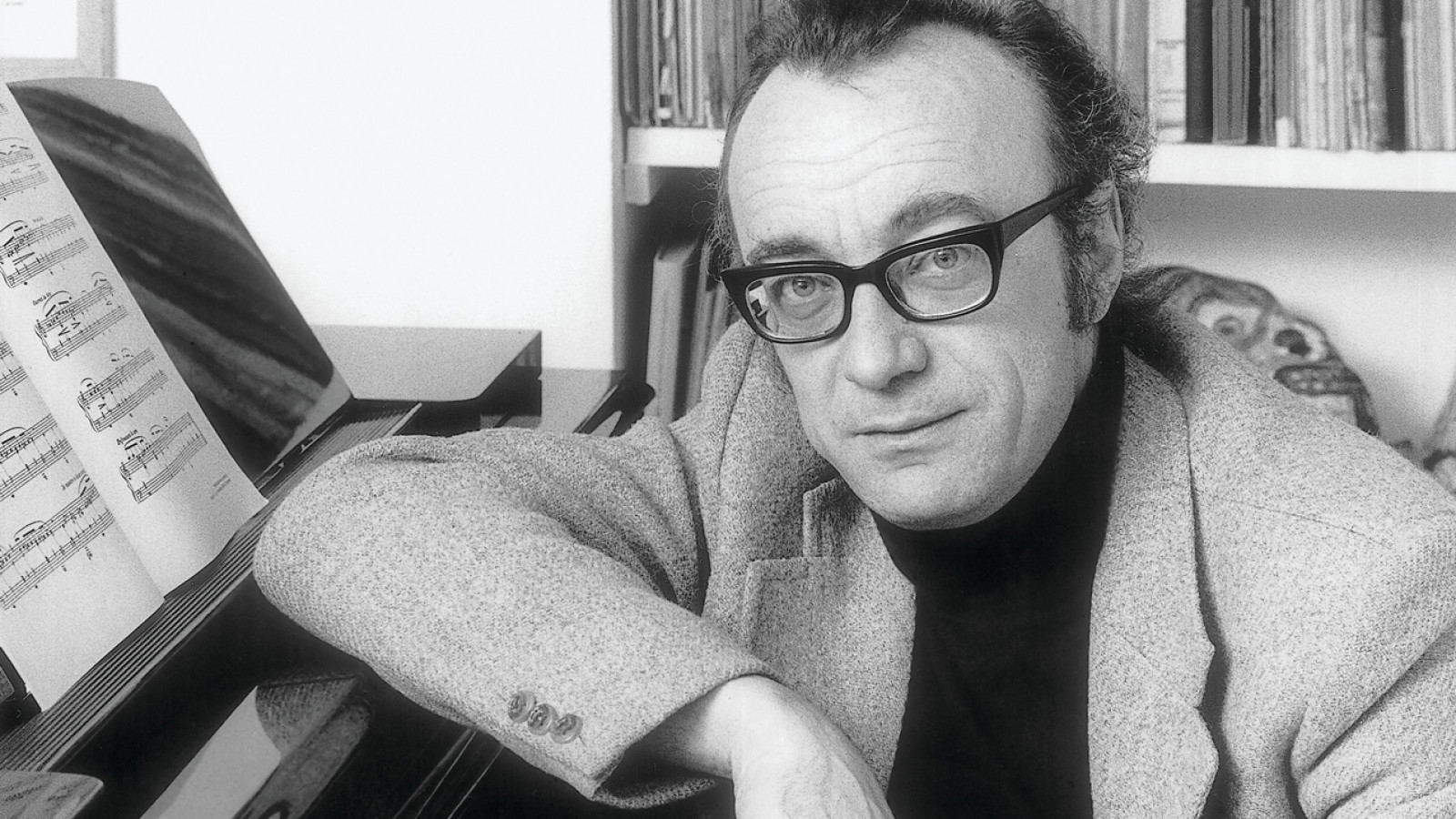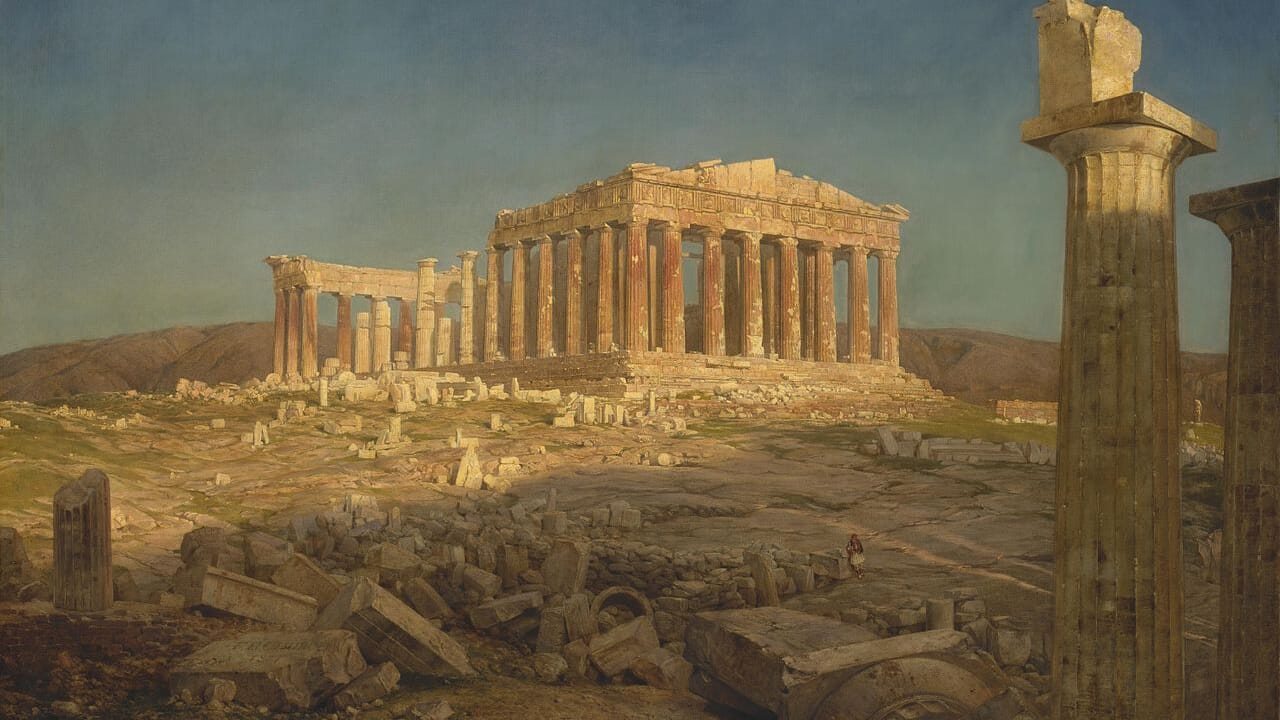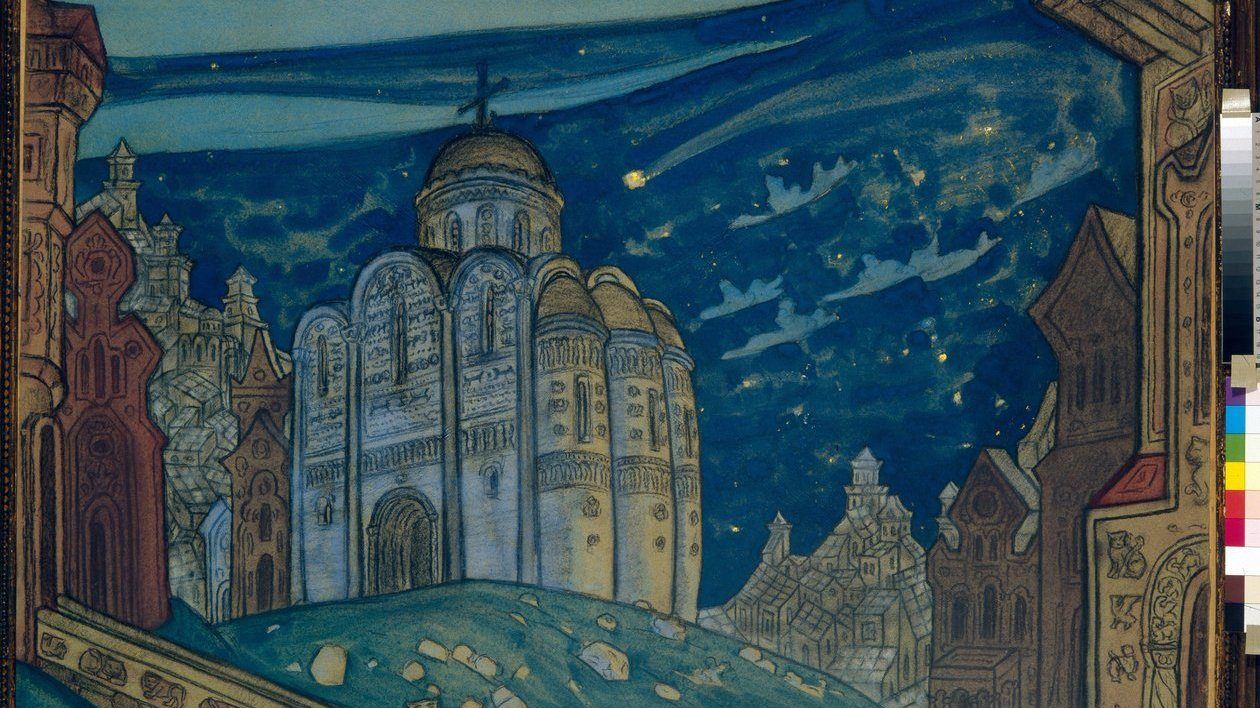Balakirev’s “Islamey”: A Spirited Dance from the Caucasus Mountains
It was a trip to the Caucasus Mountains that inspired Russian composer Mily Balakirev (1837-1910) to write Islamey: Oriental Fantasy, one of the most technically challenging works ever conceived for solo piano. In a letter, Balakirev commented on the spirited folk music he heard there, as well as the natural beauty of the region, which lies at the intersection of Europe and Asia between the Black Sea and the Caspian Sea: …the majestic …

